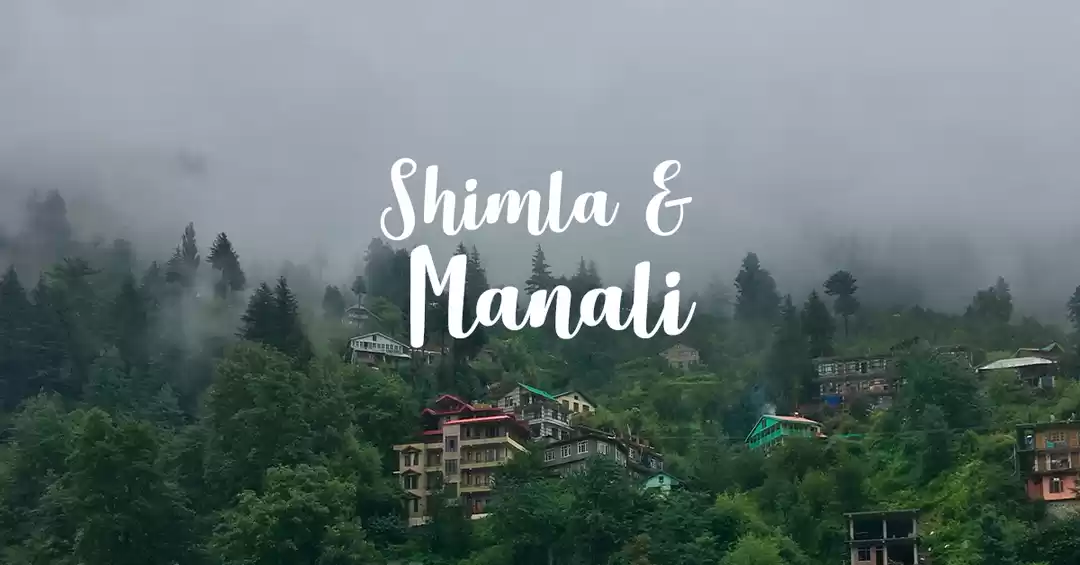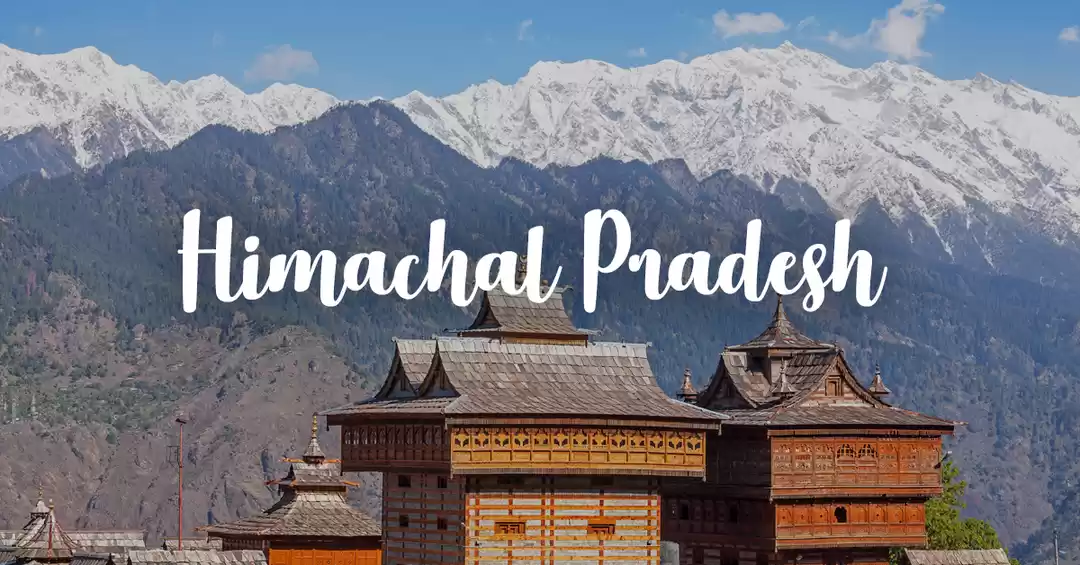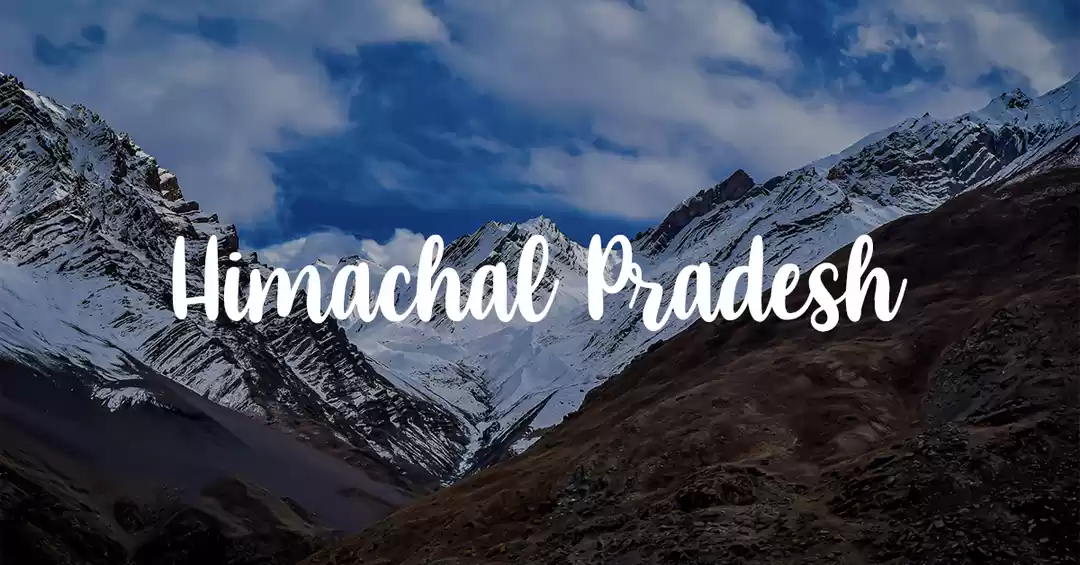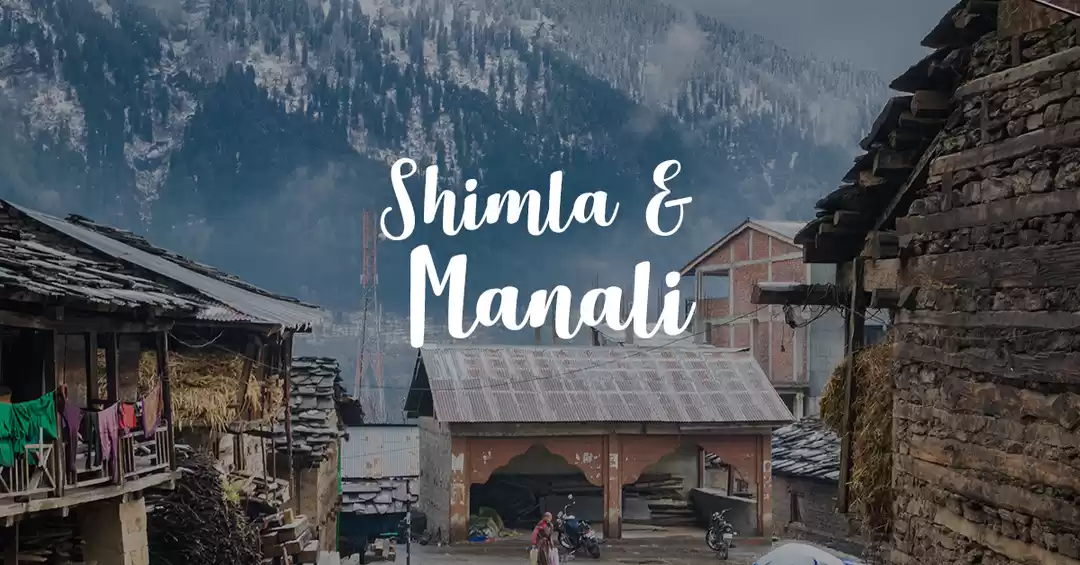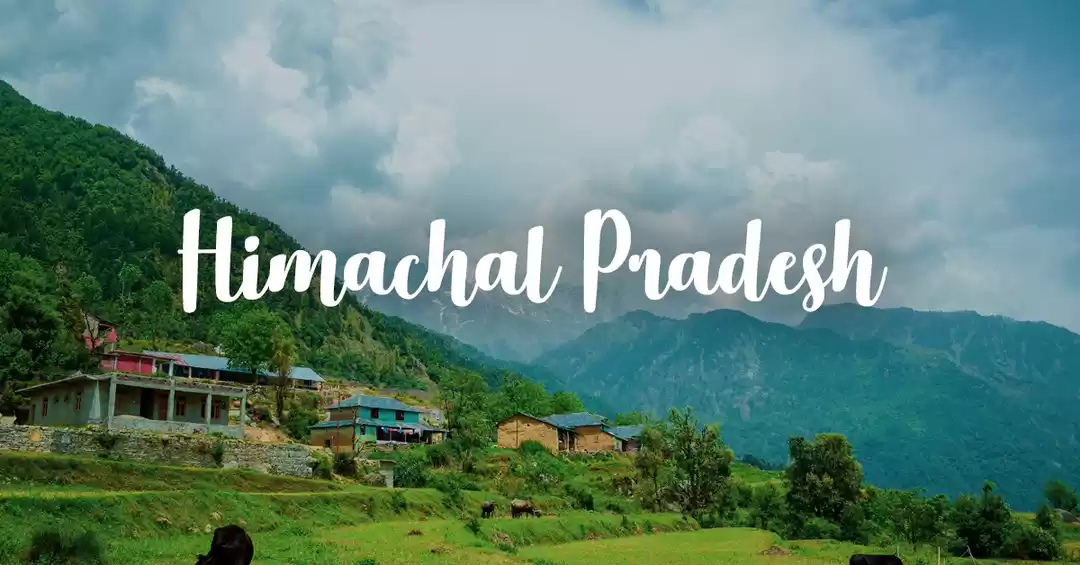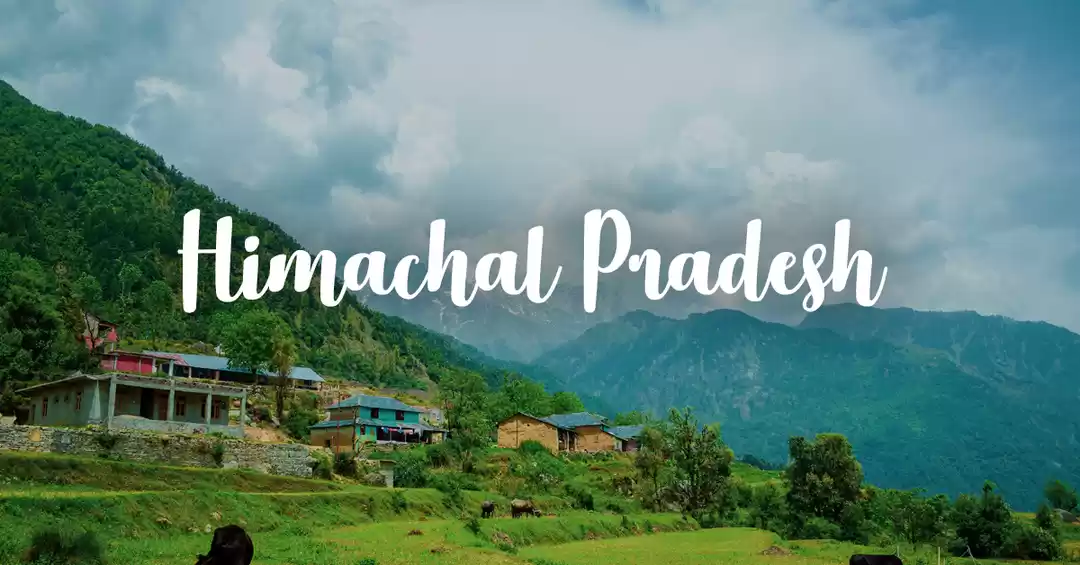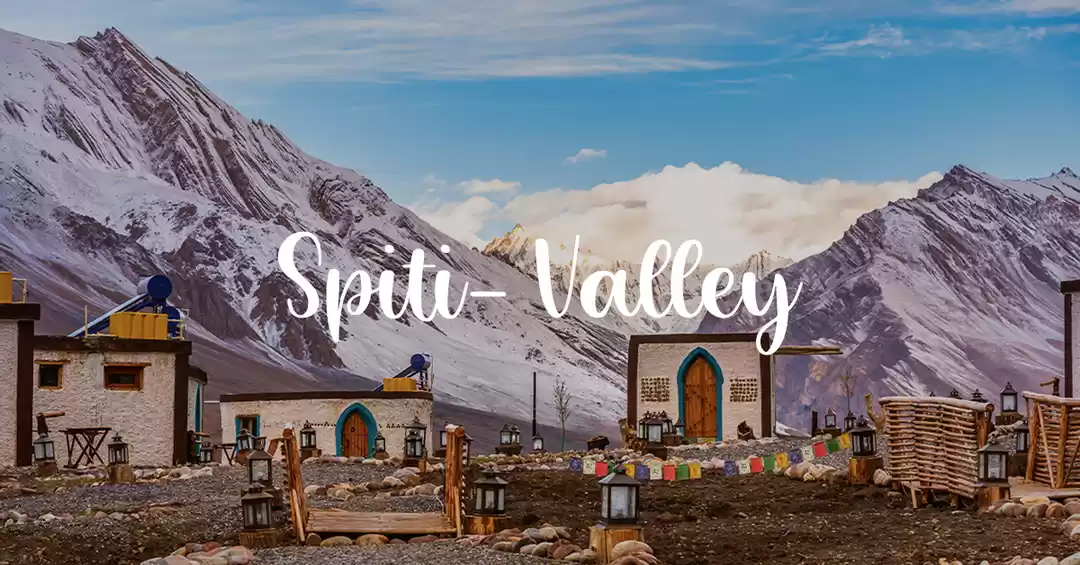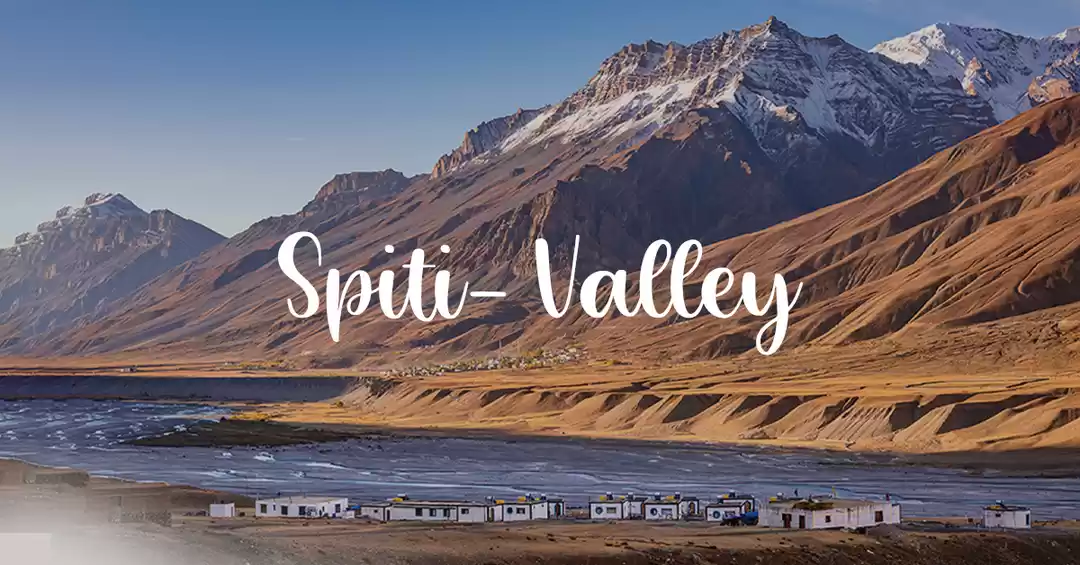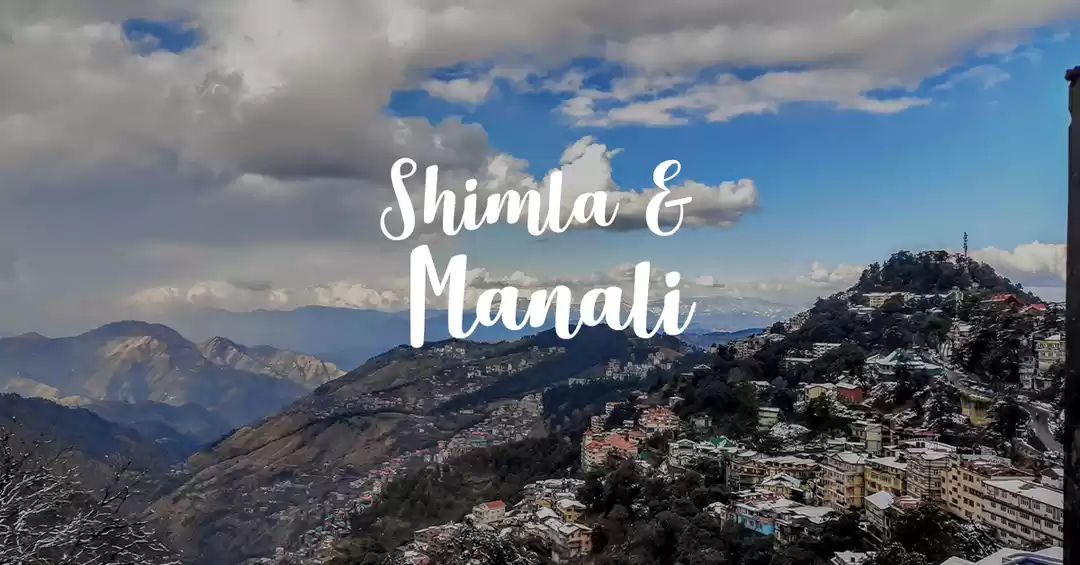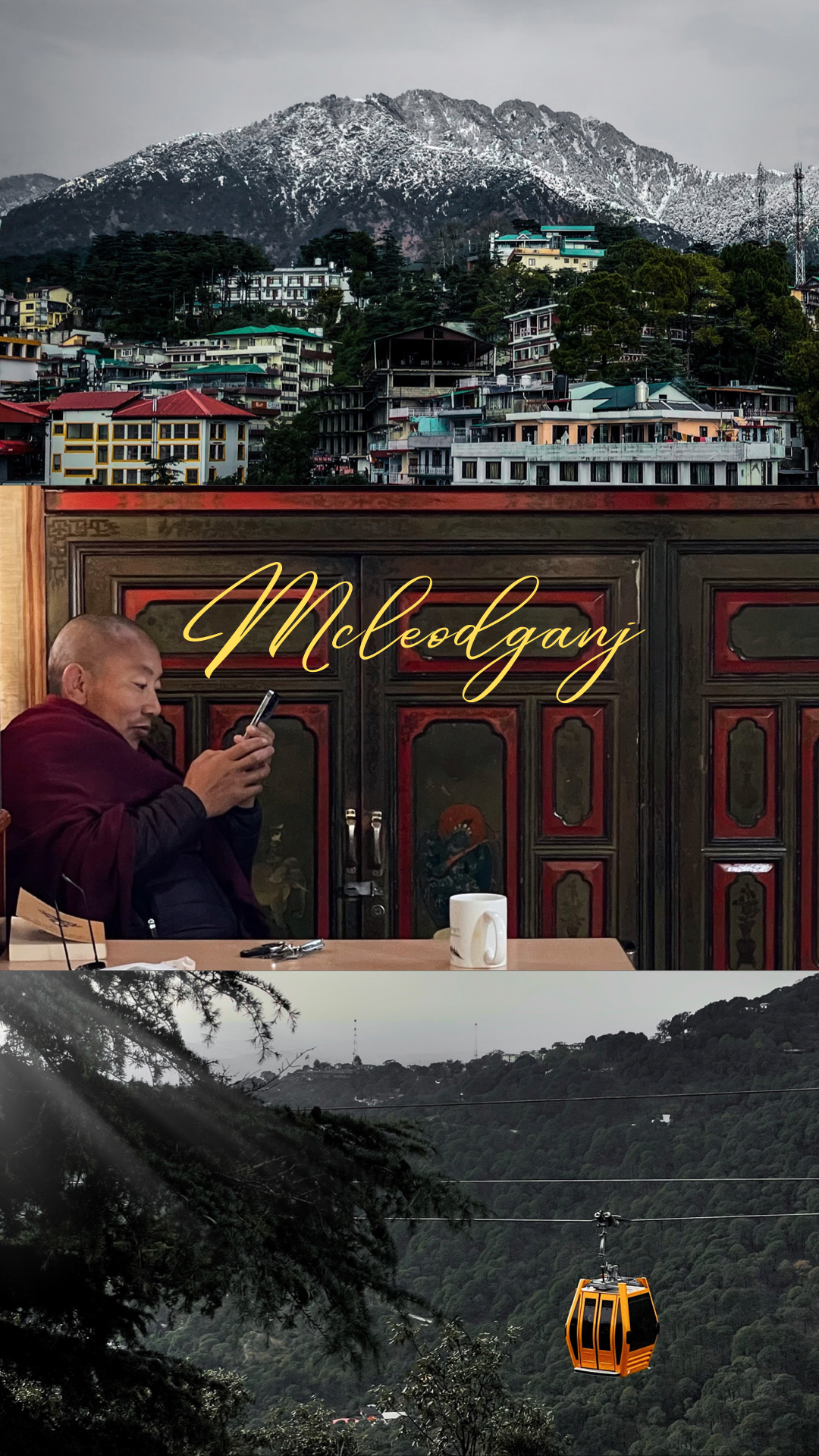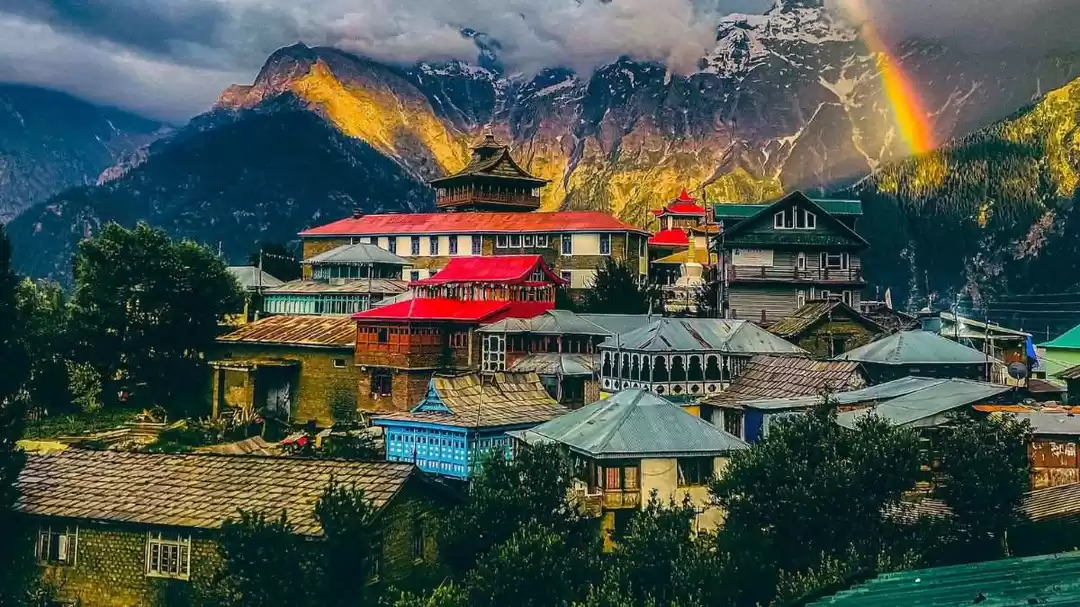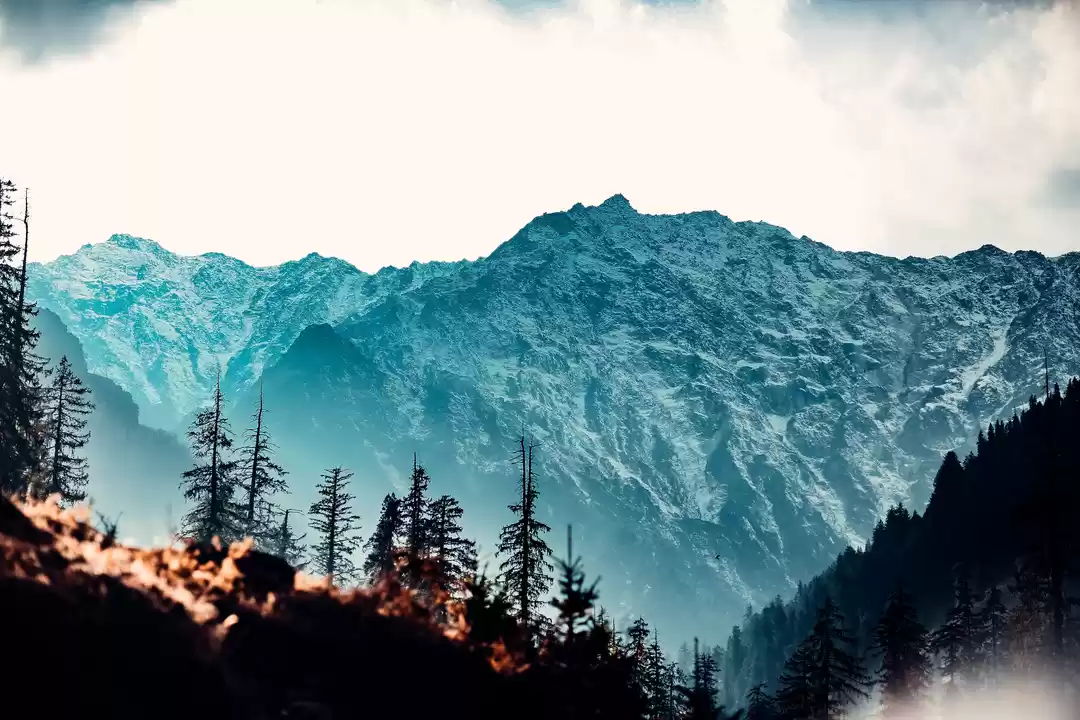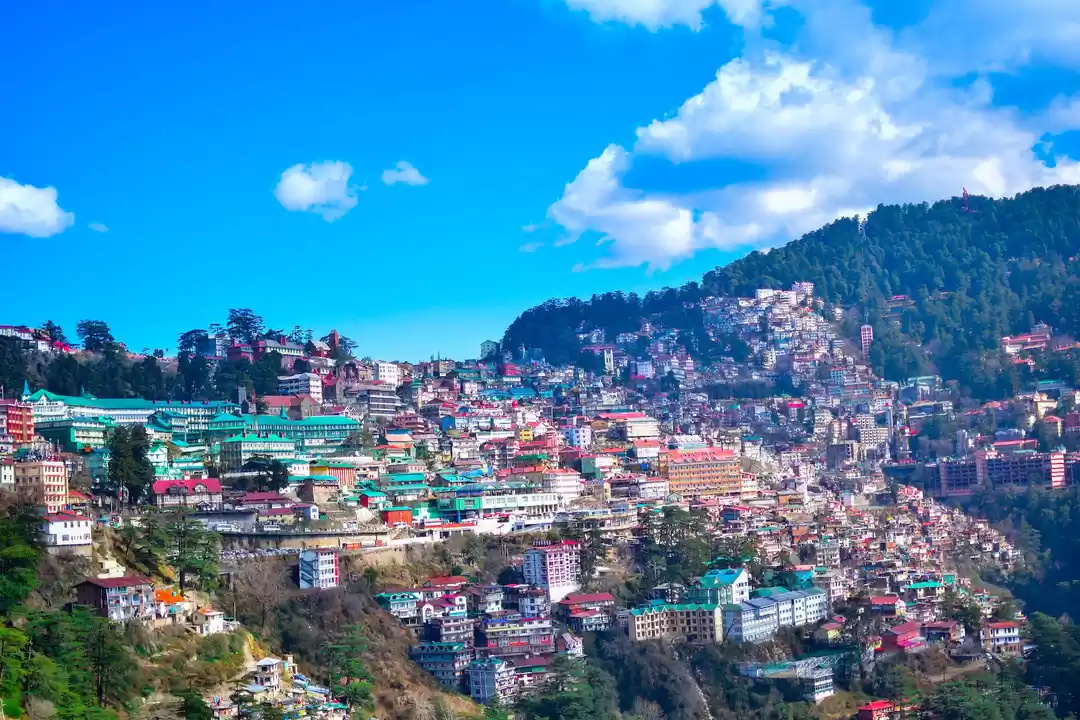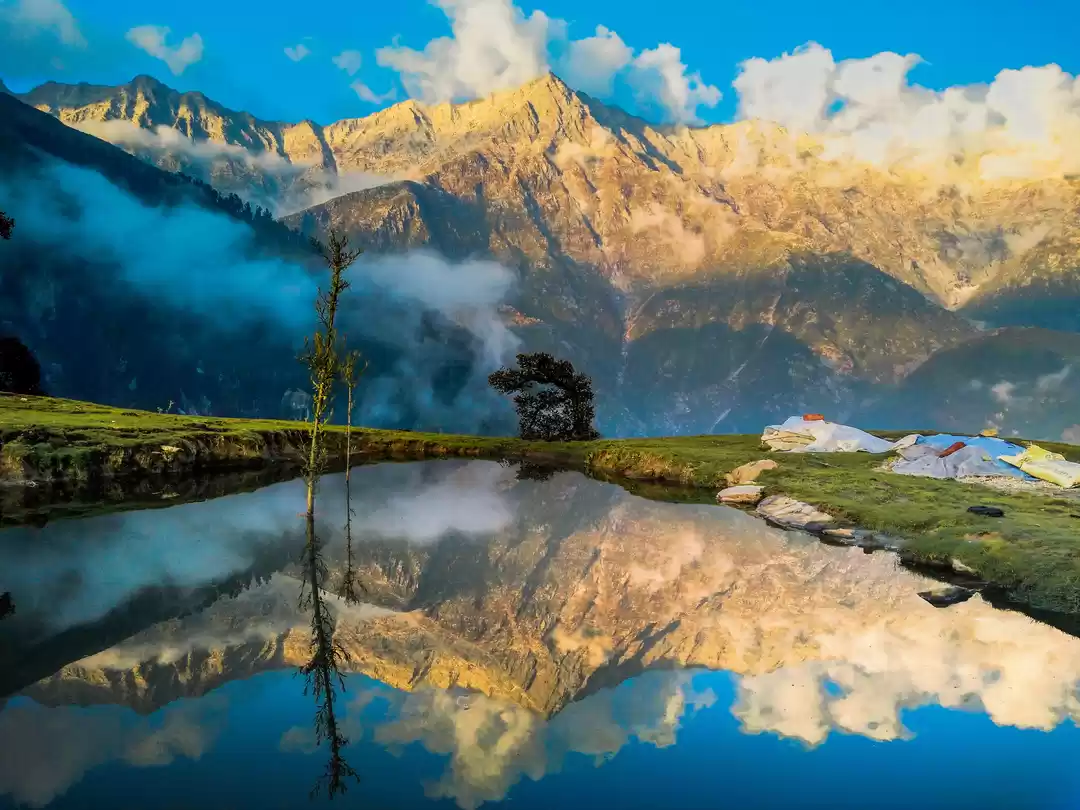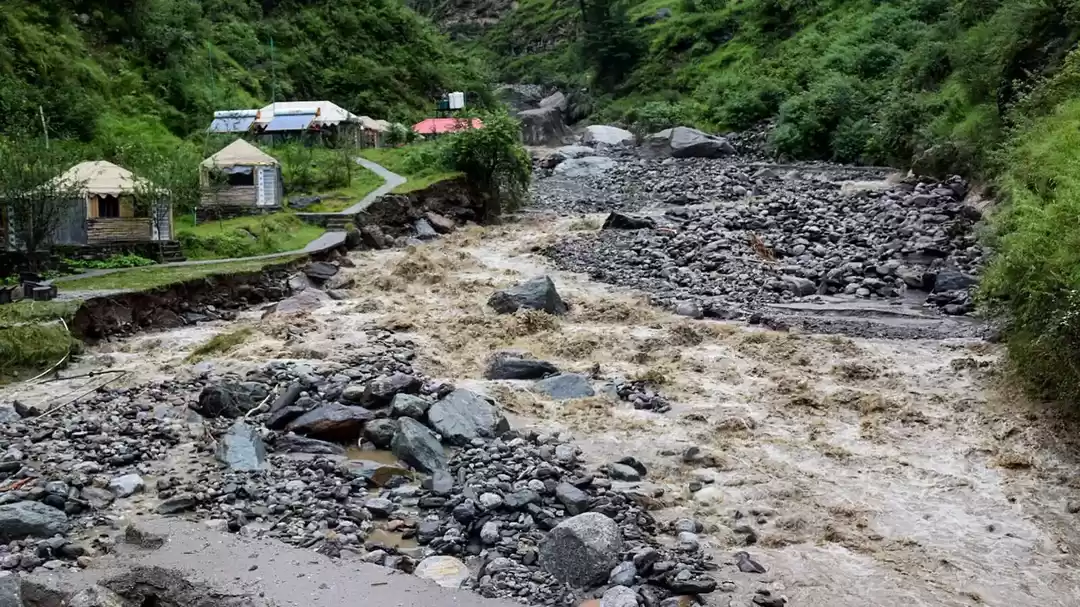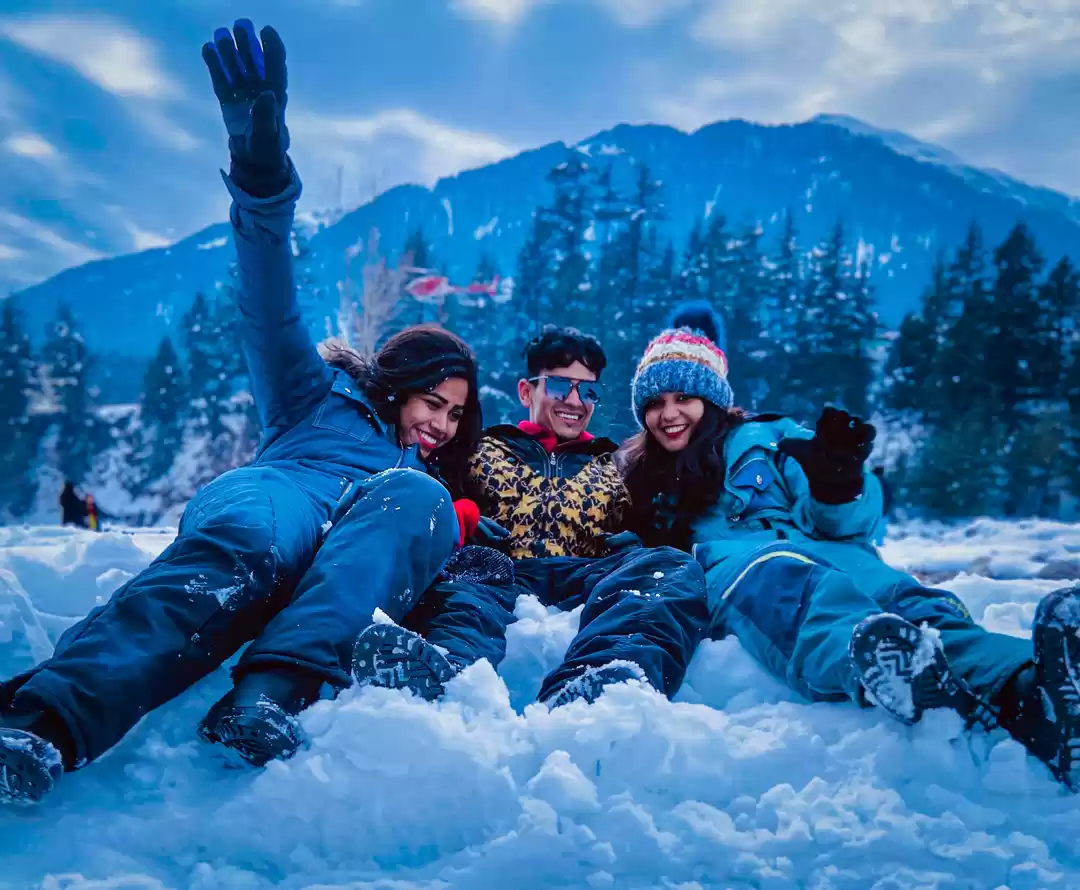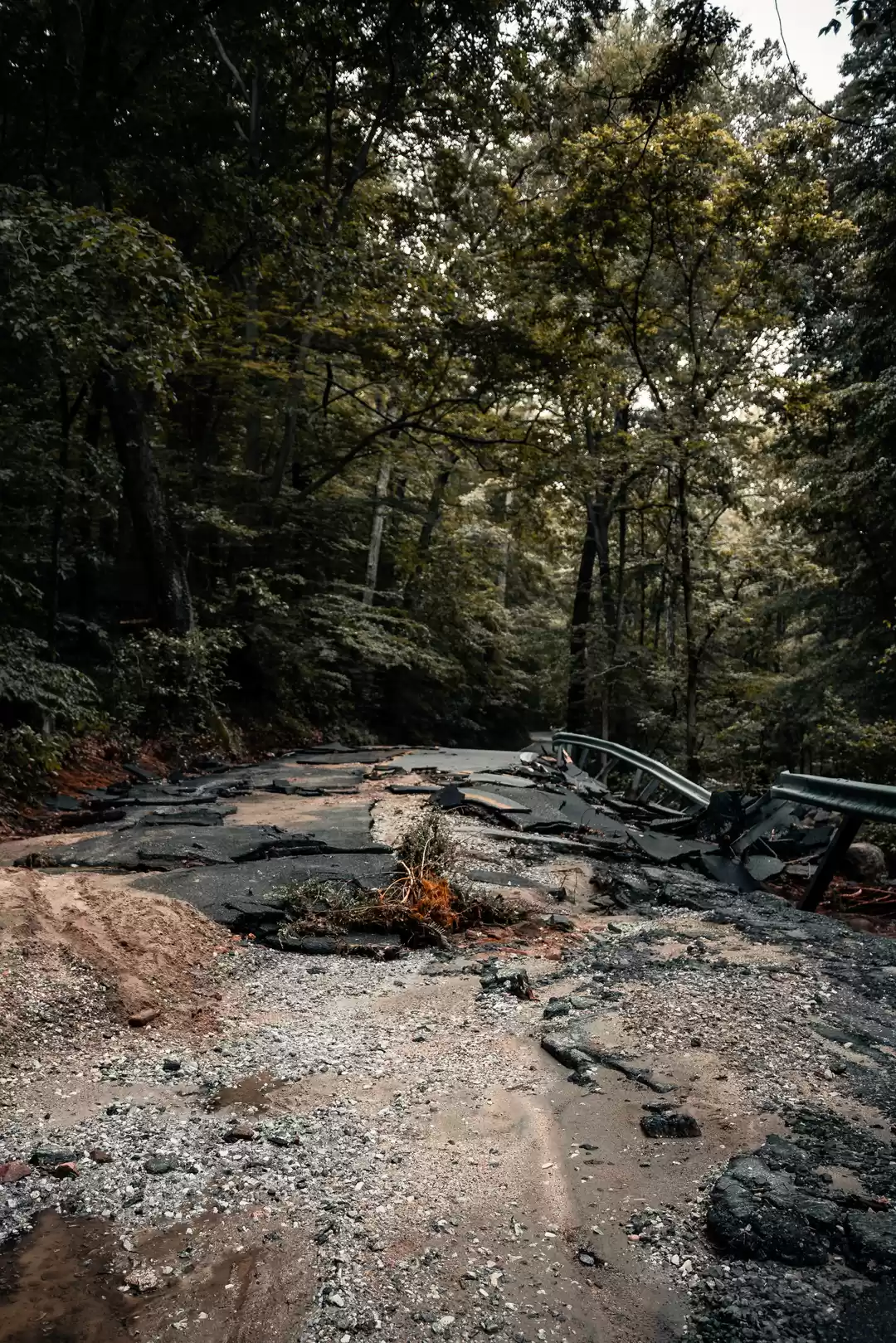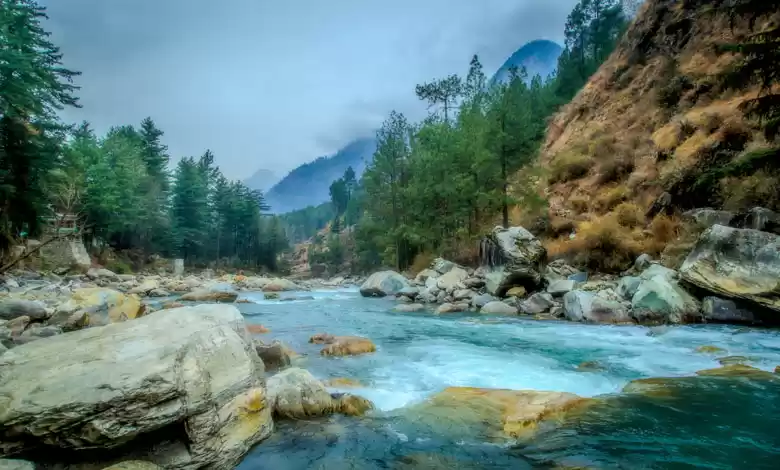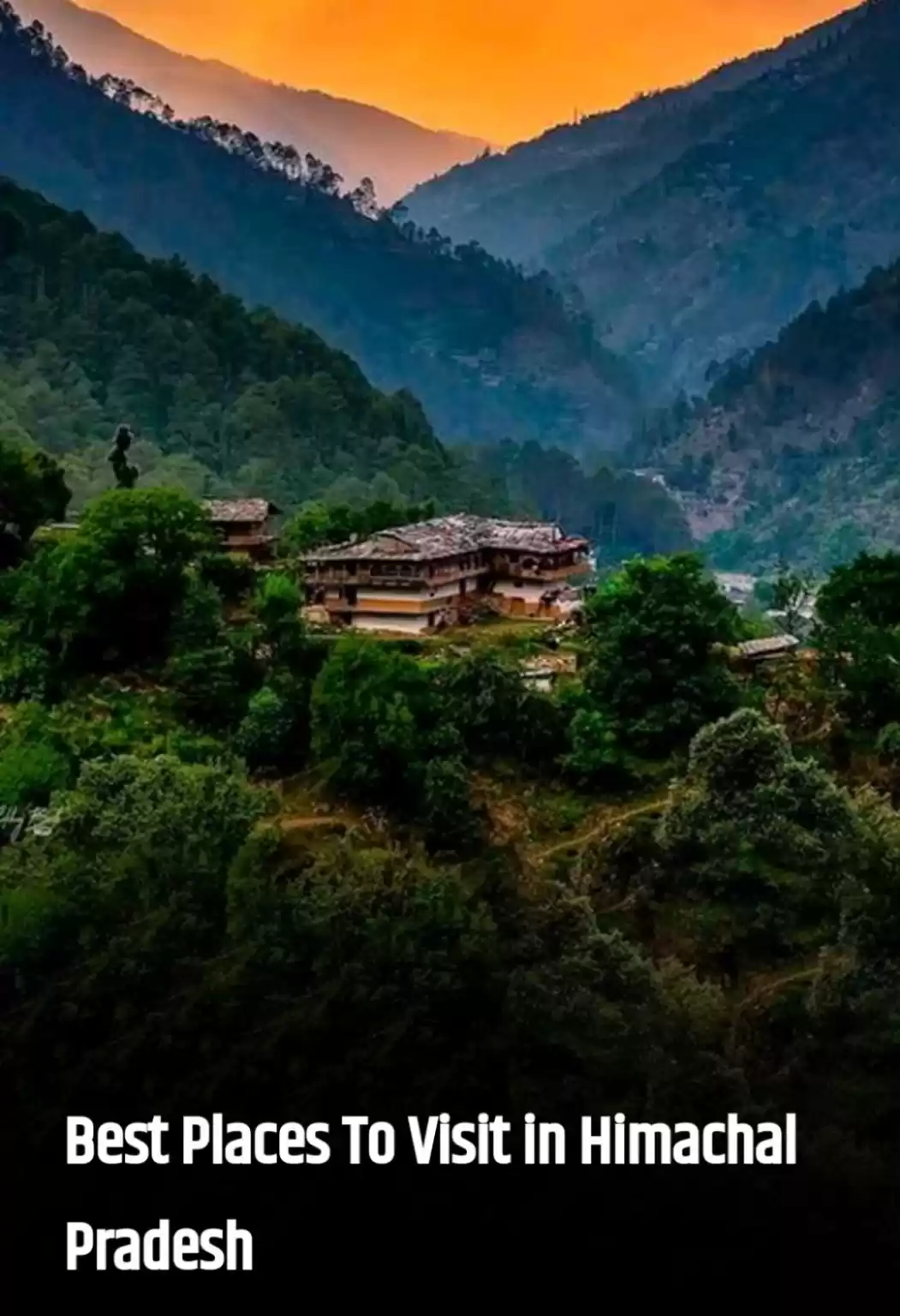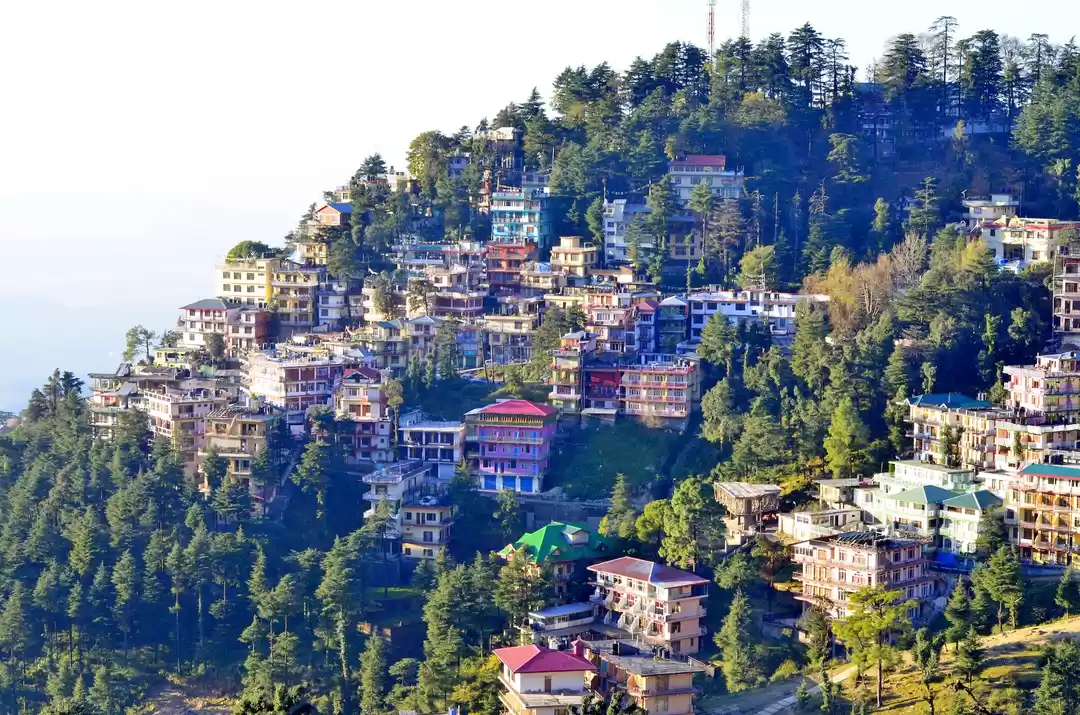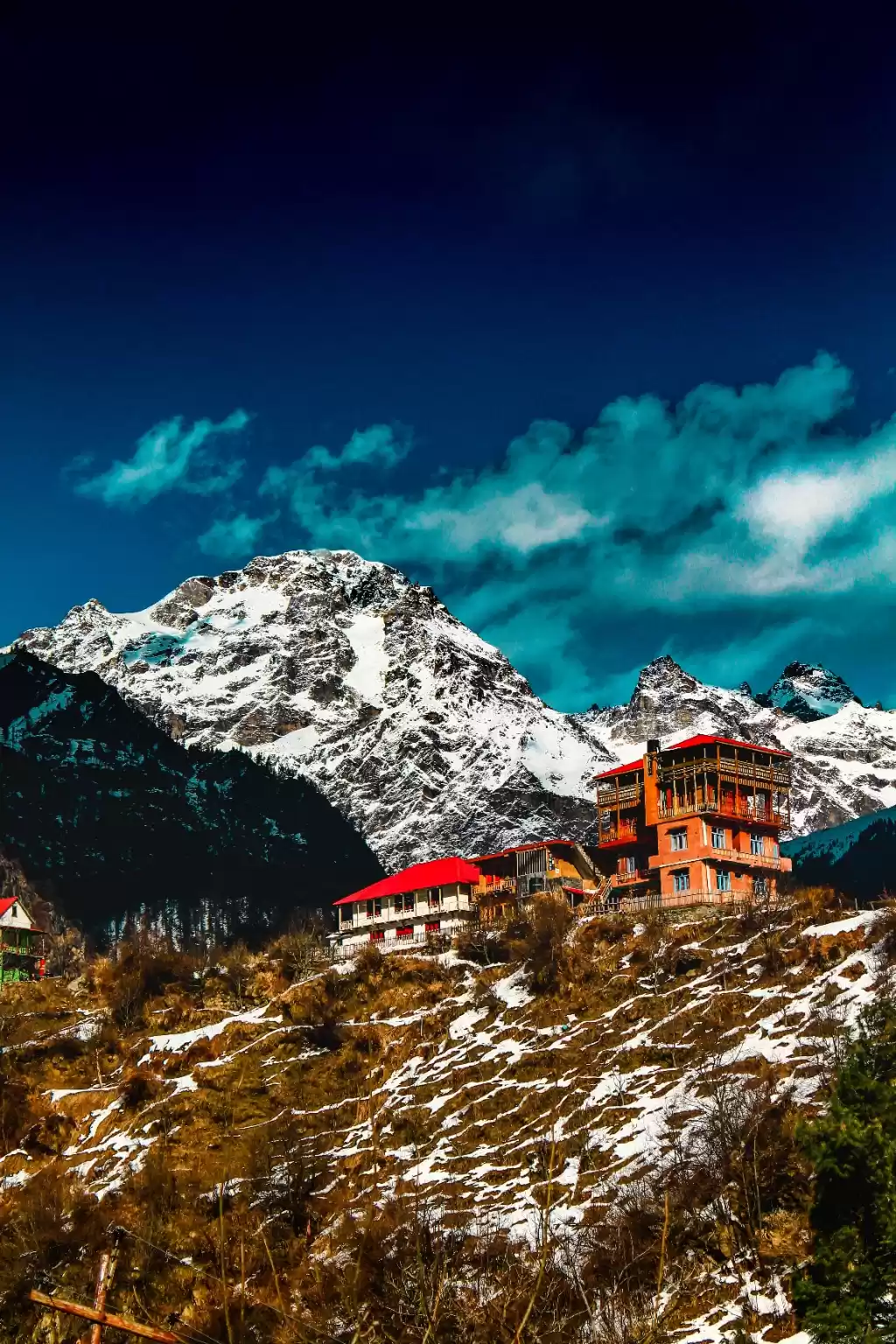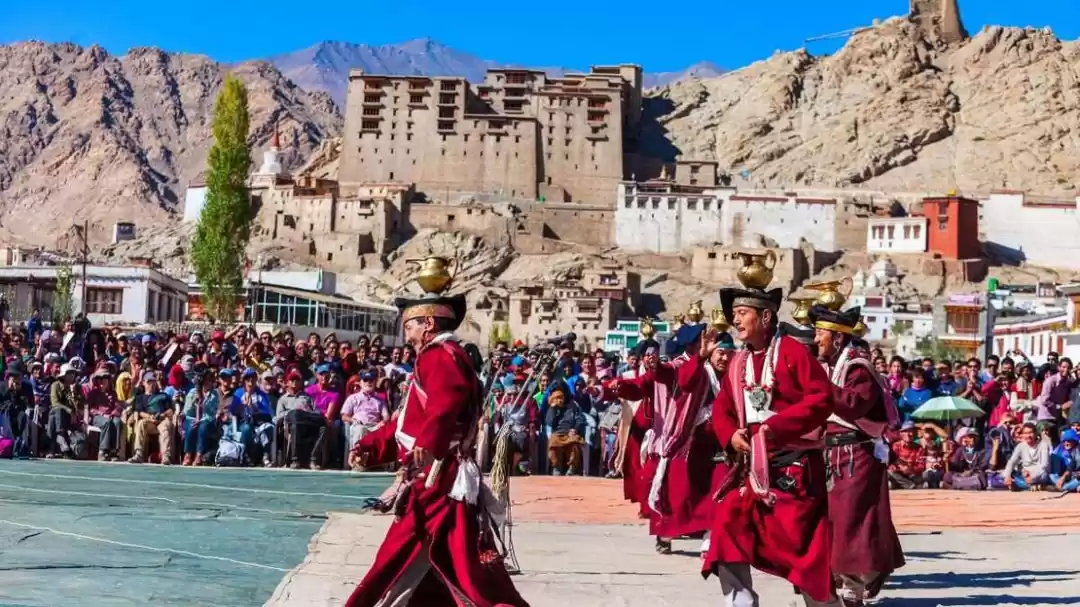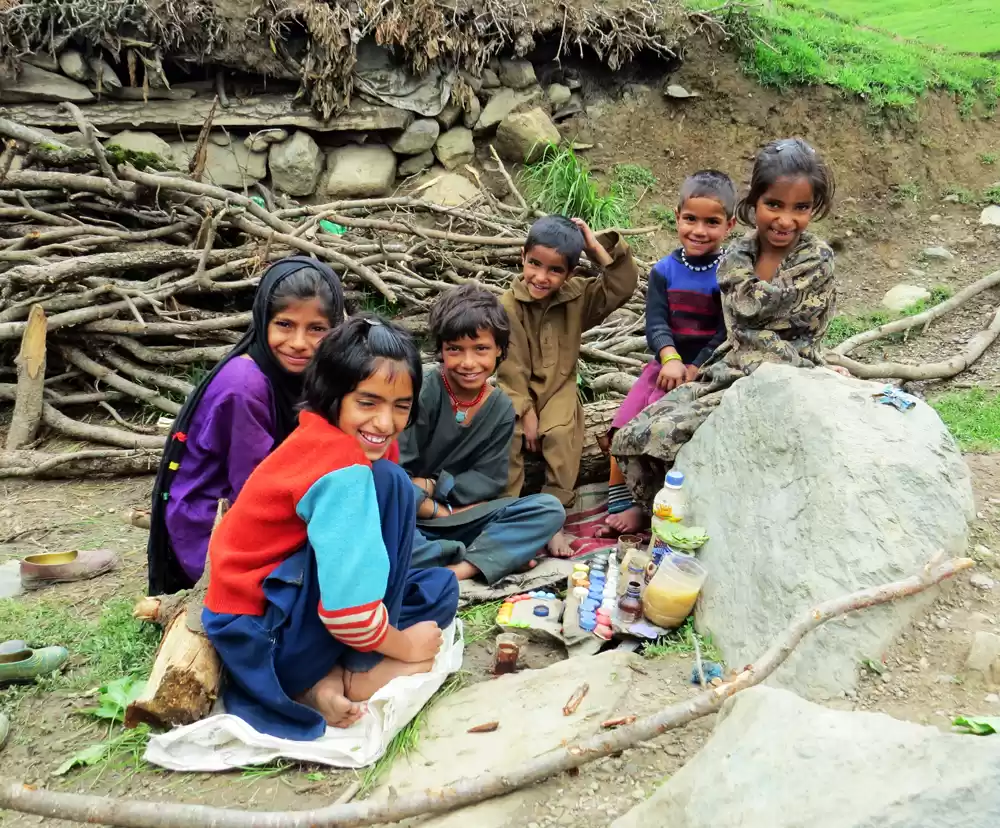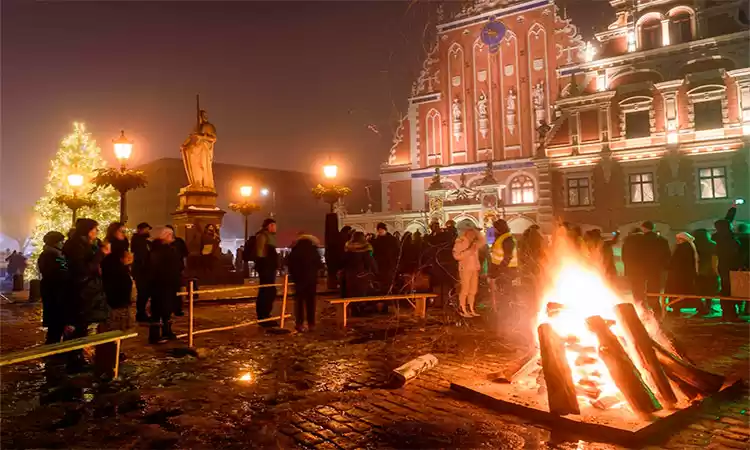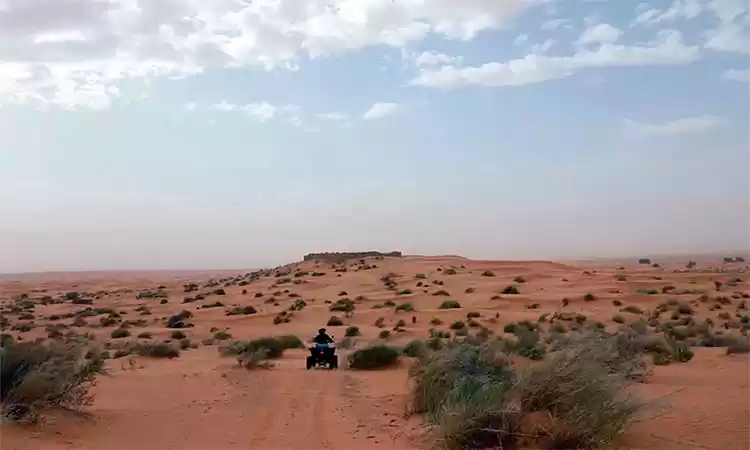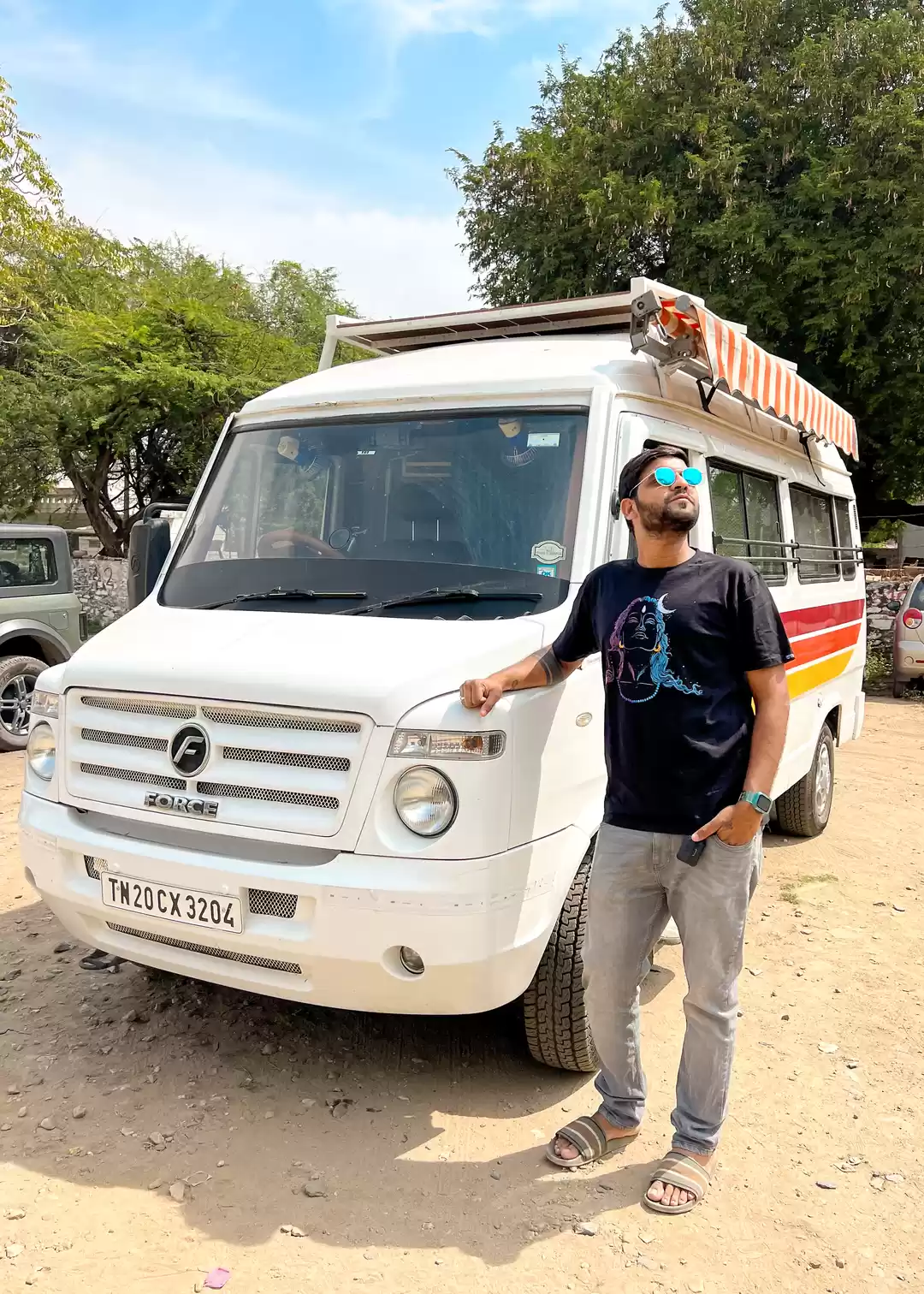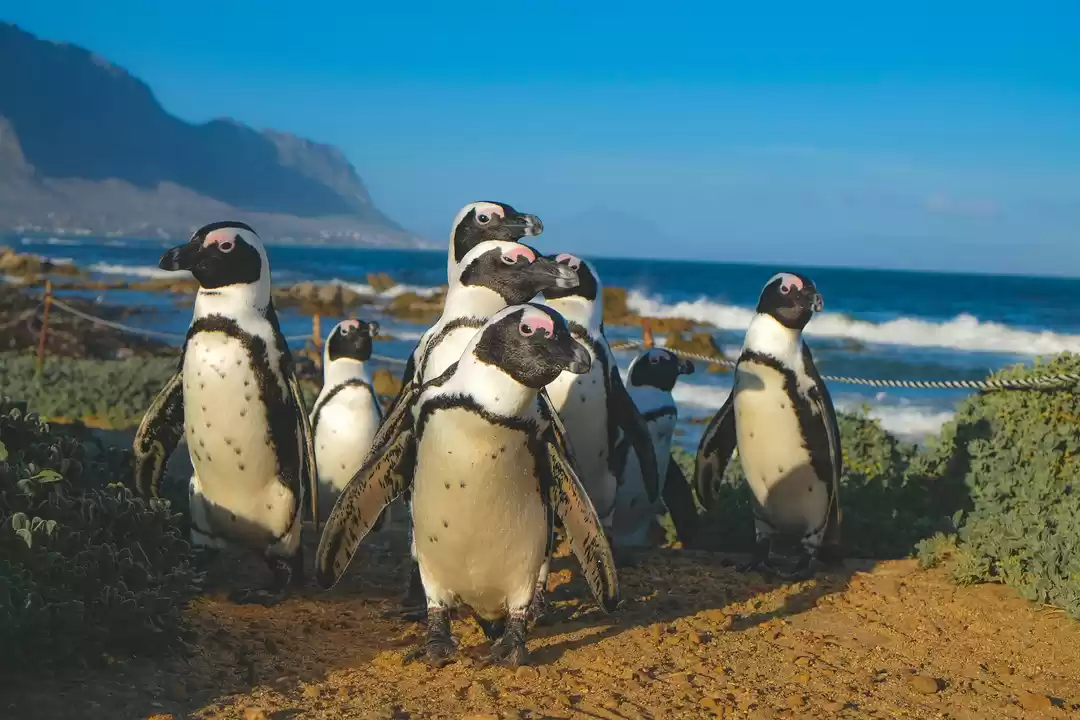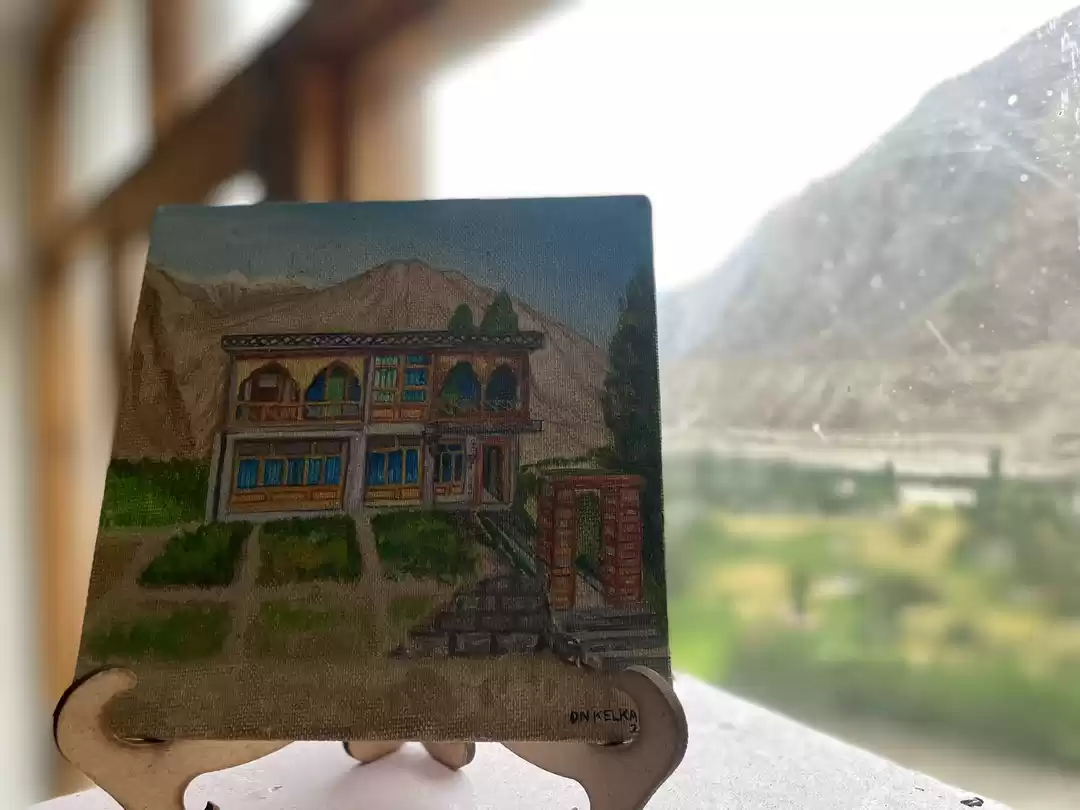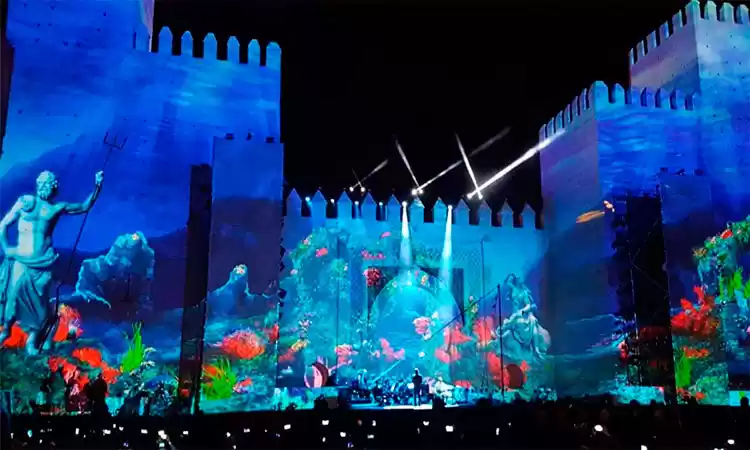Kashmir, with its pristine valleys and snow-capped peaks, has long been a paradise for travelers seeking breathtaking landscapes and serene lakes. Yet, this region offers more than just natural splendor; it's a tapestry woven with diverse cultures and communities.
In my recent journeys through Kashmir, I had the privilege of discovering the captivating world of the Gujjar Bakerwals, a nomadic tribe whose extraordinary way of life left an indelible mark on me.
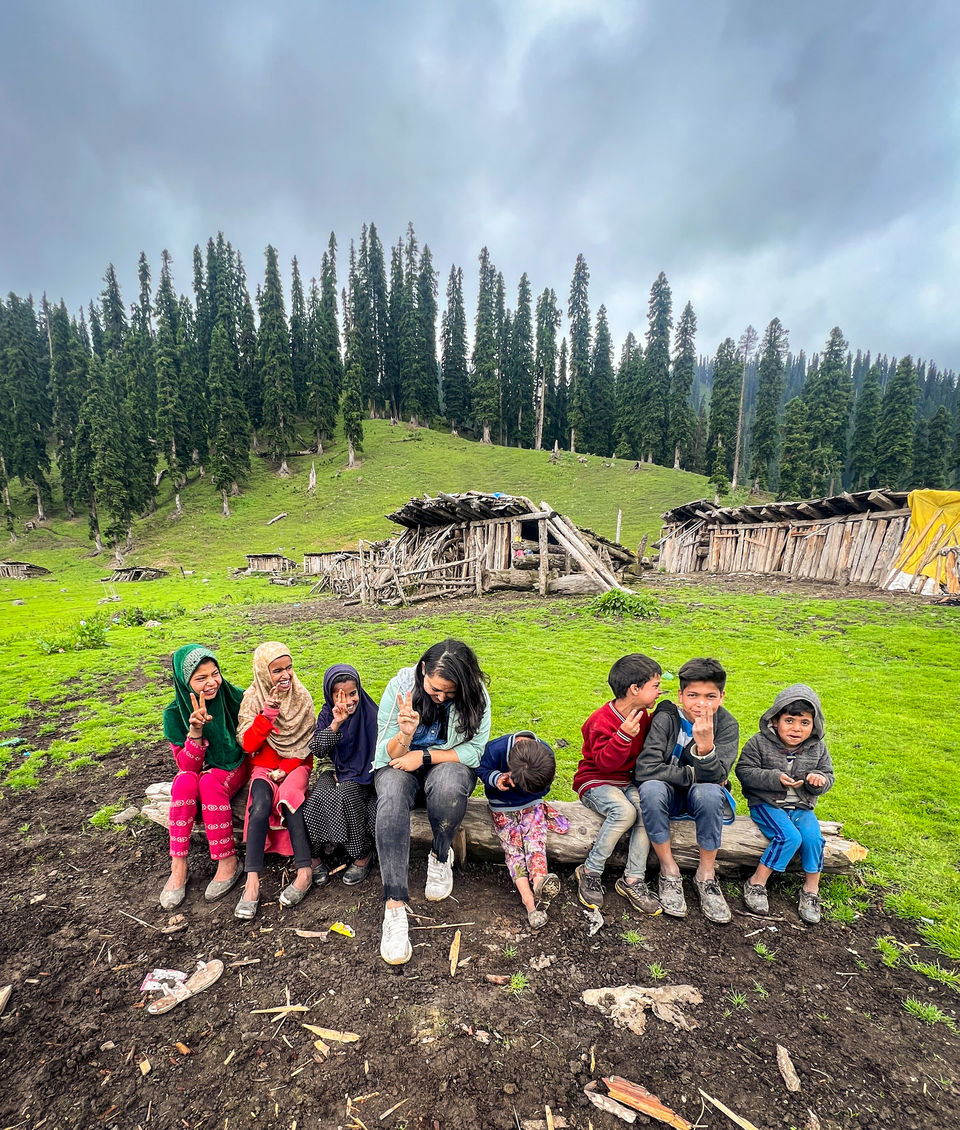

The Gujjar Bakerwals: A Nomadic Legacy
Centuries in the Making: The Gujjar Bakerwals, descendants of shepherds and herders, have called the Himalayan region home for generations. Their unique way of life revolves around caring for their livestock, leading them on seasonal migrations along traditional routes in search of pastures. In the rich mosaic of Kashmiri society, they have carved out a distinctive identity marked by their culture and language.
The Language Connection: Bridging Worlds
A Shared Passion for Language: My encounters with the Gujjar Bakerwals were illuminated by our shared love for language. Growing up with a fascination for diverse tongues, I was fortunate to have a connection with their native dialect. This linguistic bond would become a valuable key to unlocking the heart of their community.
Summer Encounters: During my summer treks, the Gujjar Bakerwals were a ubiquitous presence in the mountains. Each interaction became an opportunity to converse with them in their mother tongue. Speaking their language was more than communication; it was a bridge connecting two worlds. The joy on their faces upon hearing their language spoken by an outsider was truly priceless.
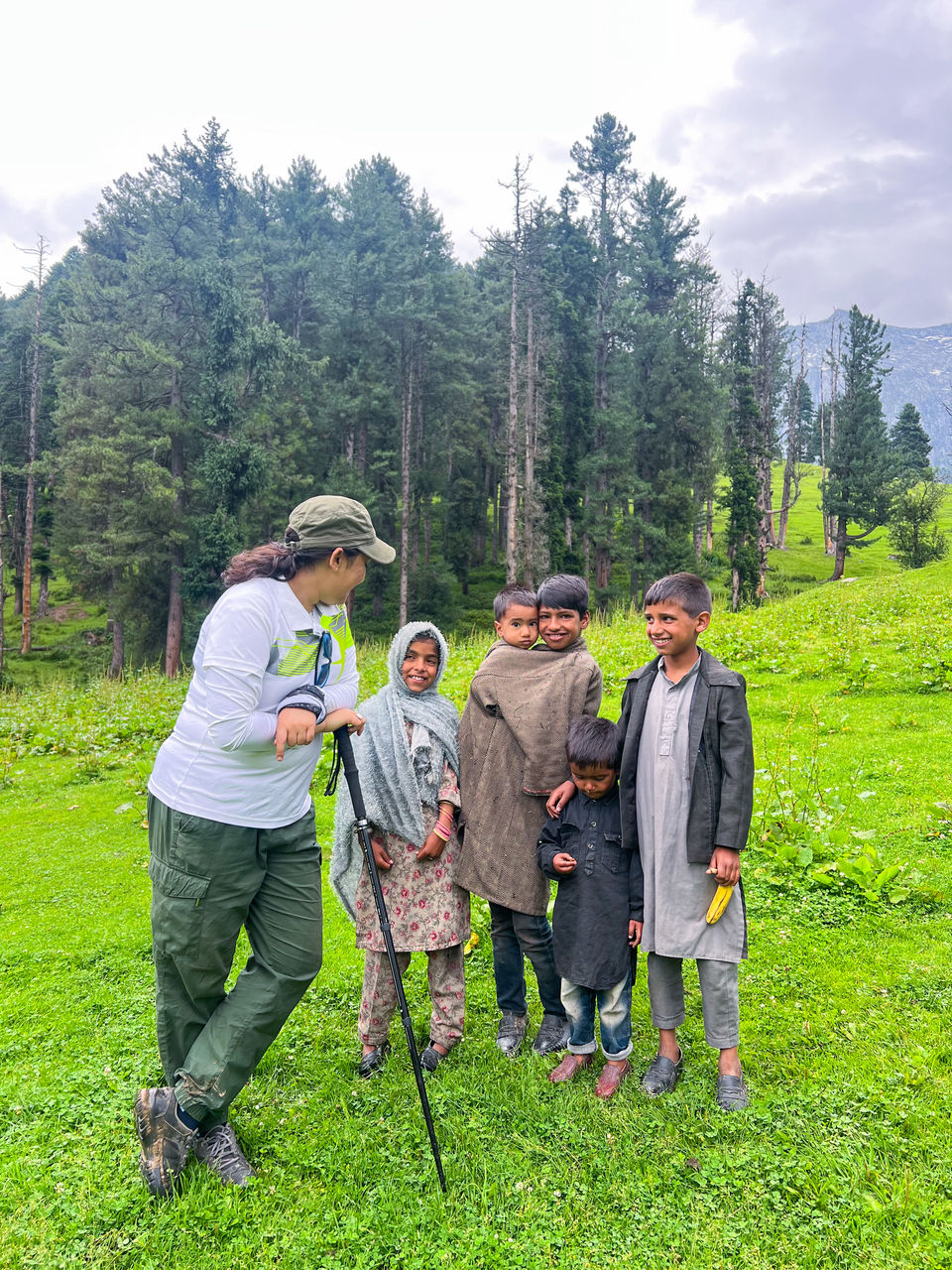
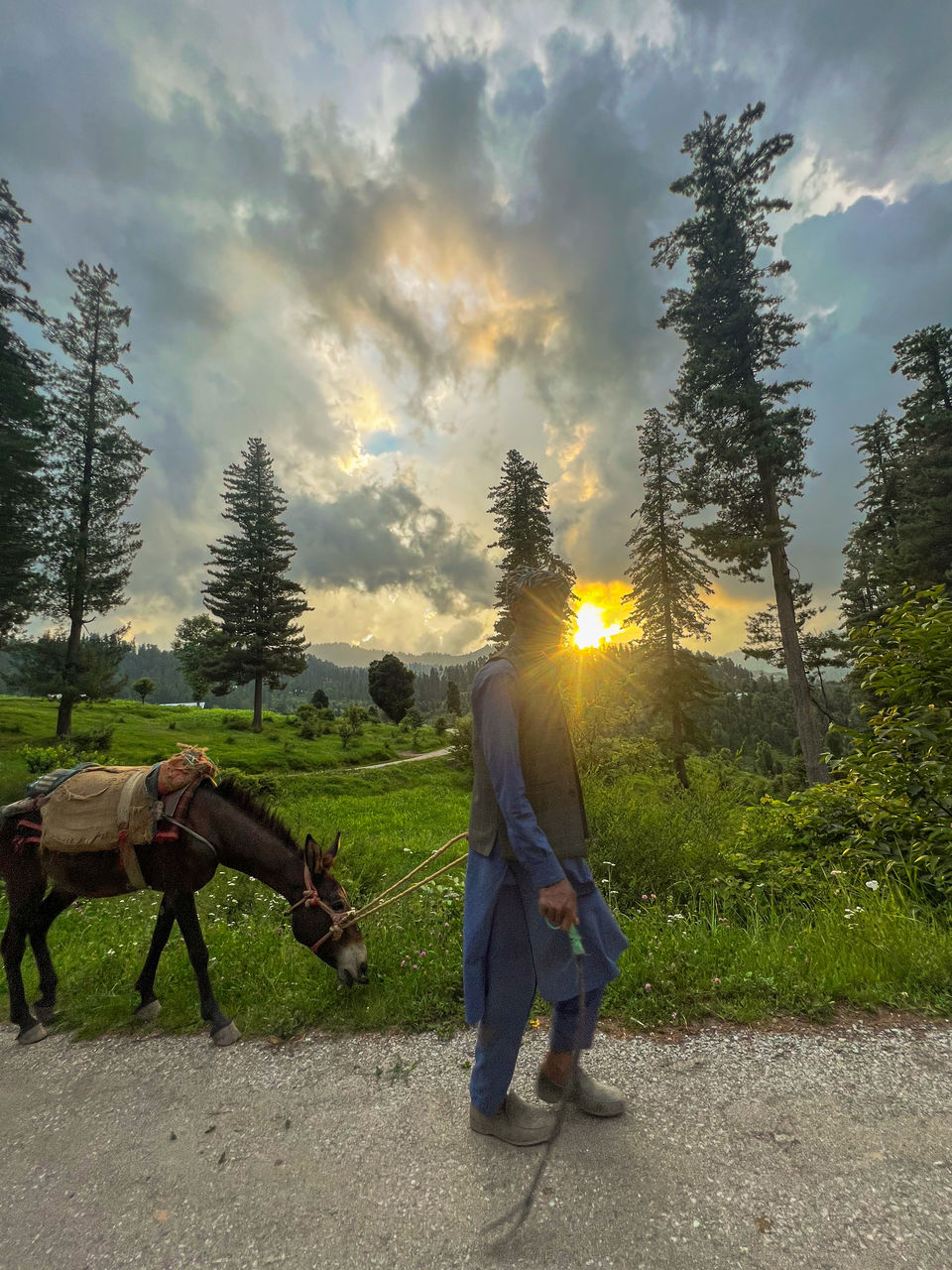
A Cultural Exchange: Language transcended mere words; it allowed me to delve into their way of life, share stories, and exchange knowledge about the region's flora and fauna. It was a profound gesture of respect for their culture—a sentiment deeply cherished as they strive to preserve their unique identity amidst a rapidly changing world.
The Warmth of Kindness: Embraced by the Community
A Heartwarming Encounter: Venturing deeper into the Gujjar Bakerwals' world, I was enveloped by their warmth and kindness. They welcomed me not as an outsider but as one of their own. This exceptional hospitality was a testament to the power of language in building connections.


A Tale of Tea and Hospitality: During a trek to Kongwattan, a picturesque meadow in Kulgam, I met Mohammed Sain. Our conversation in Gujjari led to an invitation for tea in his mud house. Though I couldn't stay at the time, I promised to return. To my surprise, upon my return, Mohammed Sain was waiting in the rain. We shared the most delightful tea, noon chai, makki ki roti, and desi makhhan in his humble abode. It was a moment of pure joy, highlighting the importance of education, a message I imparted to them to empower their children for a brighter future.
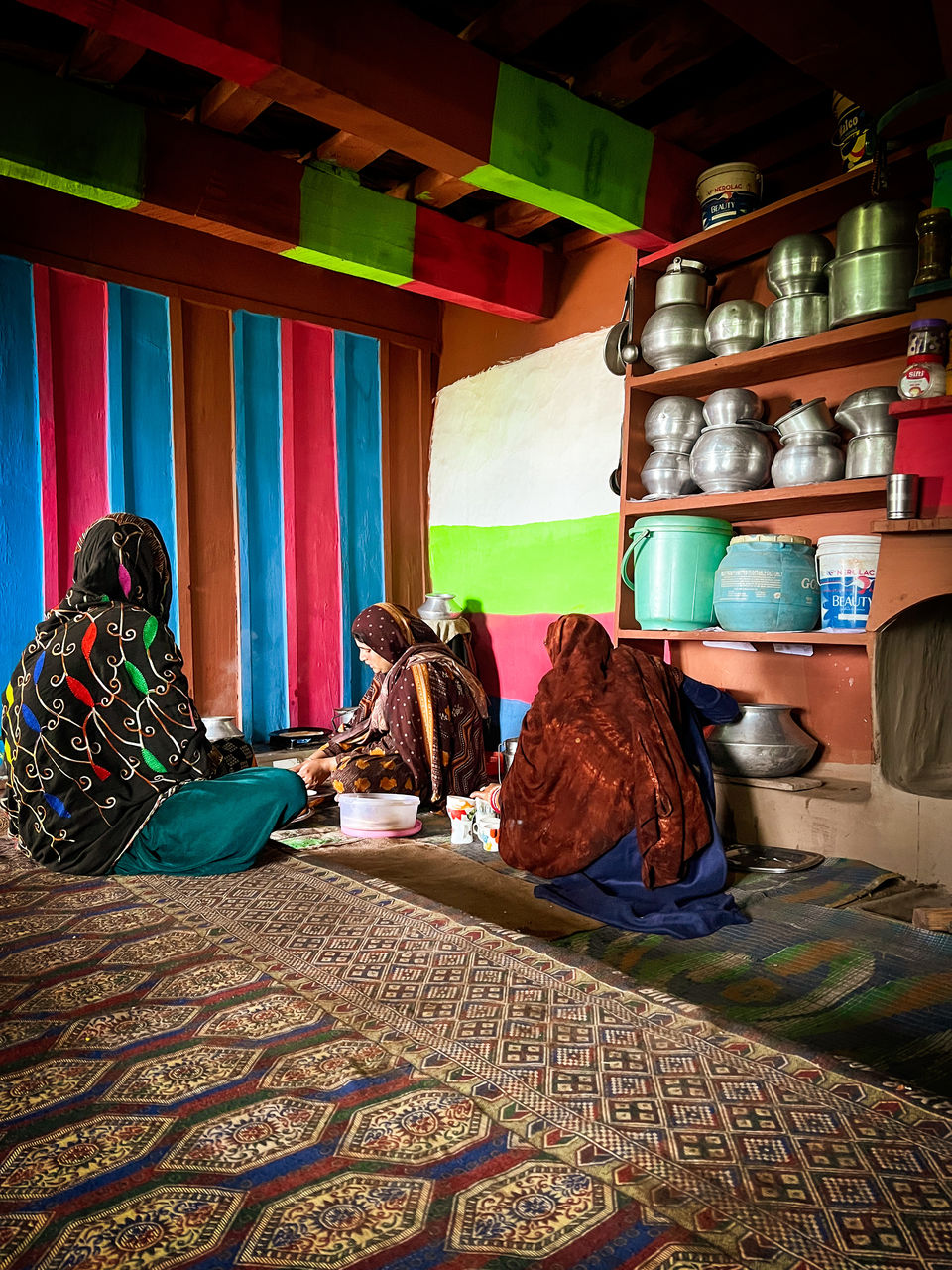

A Journey Beyond Language: Resilience and Generosity
Shared Moments: My experiences with this community extended beyond language. I found myself staying in their mud houses, sharing meals cooked over open fires, and listening to their stories beneath the starlit sky. I witnessed their everyday struggles and joys, and it was humbling to see their resilience in the face of adversity.
Generosity Knows No Bounds: Despite the challenges they faced, the Gujjar Bakerwals' spirits remained unbroken, and their generosity was boundless. Their acts of kindness and their ability to thrive in the harshest conditions left an enduring impression on my heart.


The Power of Language and Kindness
My encounters with the Gujjar Bakerwals on these treks underscored the transformative power of language and the universality of kindness. Through our shared love for their language, I was embraced as a part of their community, transcending cultural and background boundaries.
These connections serve as a reminder of the importance of striving to be a better human, holding onto faith in kindness, and persevering through life's challenges.
Have you also felt such warmth & kindness while traveling? Let me know in the comments below, or write about it here on Tripoto.



